Like many performers this year, the Australian Romantic & Classical Orchestra have postponed their 2020 season and adapted for online streaming in this COVID-19 world. In collaboration with the Melbourne Digital Concert Hall, ARCO presented Cavatina as a live streamed international event performing a program of pieces from the 18th and 19th centuries.
A subset of ARCO’s performers came together in Melbourne’s Athenaeum Theatre as a string sextet for this program. With Rachael Beesley and Anna McMichael on violin, Simon Oswell and Katie Yap on viola, Natasha Kraemer on cello, and Emma Sullivan on double bass, the group had a unique sound distinct from the typical string quartet. Playing on period instruments, the group had a sweet and syrupy quality that felt beautifully balanced.
The first piece was “Divertimento in F Major KV 138” from Wolfgang Amadeus Mozart which was an easy, carefree choice for the opening piece. Both the first and third movements had a jovial echoing motif that strengthened the sense of a fun and light attitude. This contrasted starkly with the second selection, “Sinfonia a Quattro in B-flat Major” by Franz Xaver Richter. Beesley introduced the piece as dissonant and unique and that certainly came through in the first movement where the violins began swinging swiftly between rhythm and whine. The third movement saw the piece develop a faster pace with crescendos building in energy and frequent changes in rhythm keeping the piece interesting. Compared to the Mozart, this piece had a much more self-conscious tone as though it was particularly attuned to how it would be perceived in performance.
The central piece of the program was Ludwig van Beethoven’s “Cavatina” from “String Quartet No 13 in E-flat Major Op. 130”. ARCO was one of many orchestras and ensembles planning to celebrate Beethoven’s 250th birthday this year but this homage will make due until the return of live in-person concerts. Out of the program selection this piece was a stand-out, demonstrating a restrained tone for Beethoven and immense control from the sextet. Opening heavily with a nearly fatigued quality, the piece develops slowly but beautifully like a changing tide led by the violins into something more sorrowful. As the tonal distant between the violins and the double bass grew, the piece seemed to hollow out with the double bass reverberating dramatically. With a slow up-tick near the end, “Cavatina” closed in a similar place to where it started but leaning towards hope, a hint of brightness if anything at all.
For the fourth piece, Gioachino Rossini’s “String Sonata No 1 in G Major”, the violas left the group which seemed to have the effect of untethering the violins, allowing them to veer into the heights of their range. The sharp and recognisable refrain from Beesley’s violin was lively and worked well against the jig-like rhythm in the first movement. A similar inclination towards dancing and movement came through in the final piece “Sinfonia No 10 in B minor” by Felix Mendelssohn which began sombrely and only grew in dramatics. The violins raced across the other strings with a near frantic speed before a quick close to both the piece and the concert.
This sextet concert was a wonderful representation of the Australian Romantic & Classical Orchestra in terms of their repertoire and the quality of their performers. Even in a smaller grouping, the performers balance their obvious enjoyment of the music with their disciplined playing for an unparalleled performance.
Cavatina was performed live for online streaming at the Athenaeum Theatre with the Melbourne Digital Concert Hall on July 10th.

